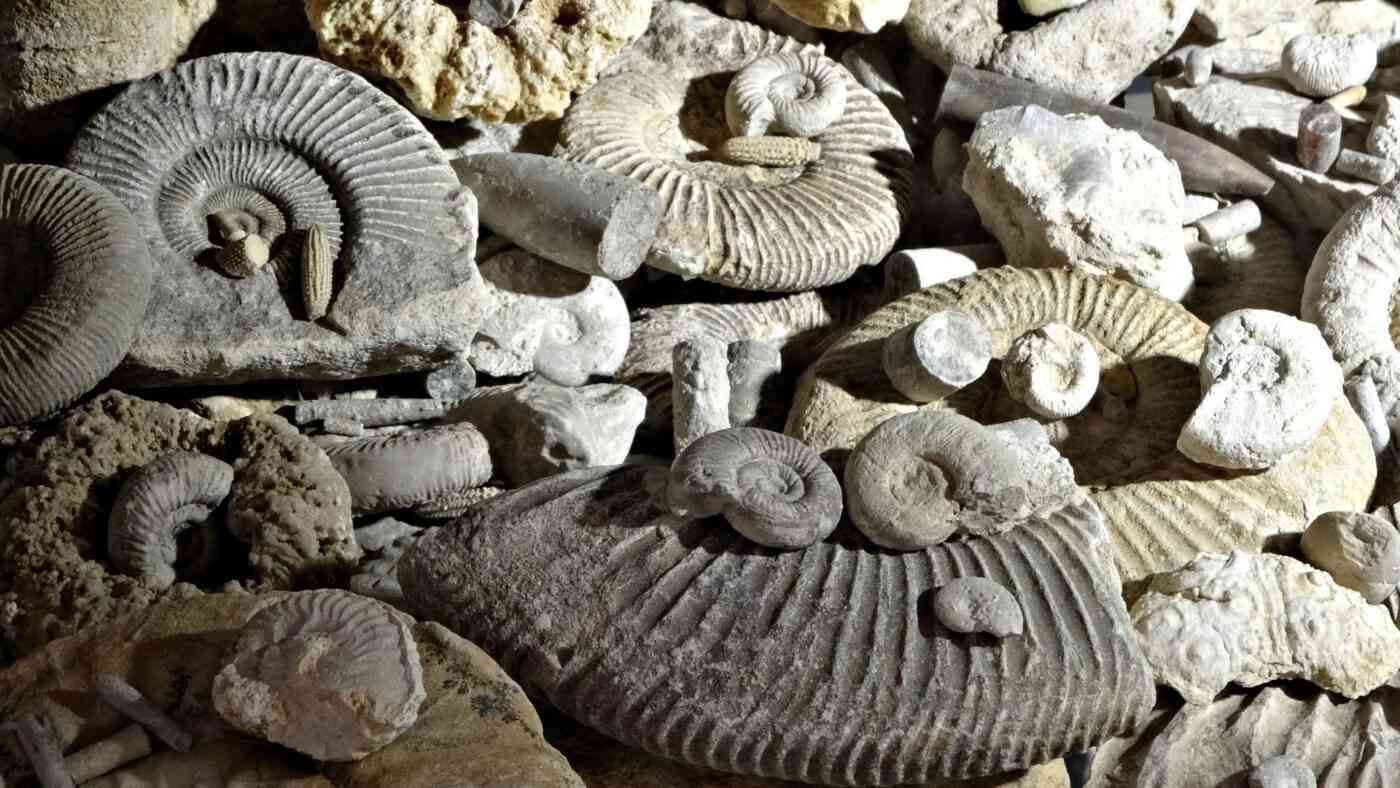Science
How Did Life Rebound on Earth? The Answer Lies Within the Rocks
23 February 2026

Stanisław Lem humorously noted that the best proof of extraterrestrial intelligence is the fact that such a civilization has not sought contact with us. However, as researchers argue, our rendez-vous with aliens is very likely. Upon meeting them, humanity will face a tremendous intellectual challenge. To put it into perspective, we have had experiences in making acquaintances with the unknown. The history of geographical discoveries can be a reference point for imagining scenarios and consequences of intimacy with an extraterrestrial civilization.
Before we attempt to outline how our encounter with aliens might unfold, we must first ask: what kind of beings are we seeking in the universe? The problem of defining life is a subject of discussion among biologists, medics, and philosophers. For the purposes of astrobiological research at NASA, Gerard F. Joyce proposed that ‘life is a self-sustaining chemical system capable of undergoing Darwinian evolution.’
Yet, we, as regular Joes, expect more thrills from an encounter with aliens. We desire to meet aliens endowed with intelligence, not the alternative simple forms such as bacteria capable of surviving extreme environmental conditions, sought after by astrobiologists. Let this alien creature breathe, reproduce, consume, and evolve as it wishes, but it must be intelligent! Indeed, the way the metabolic mechanisms of beings we might encounter in the universe function, how they reproduce, and how they operate in the world, will affect the quality and possibility of our contact with them.
Therefore, we like to assume that the visitors from space will be similar to us. Aliens have to be like us – humans. This is, however, a kind of anthropomorphic simplification, but necessary for our meeting to have the allure of a date, with the possibility of perhaps intimate contact with a cosmic species, rather than something akin to a horror movie. In conclusion, we meet a representative of an extraterrestrial species who is similar to us in physiological and anatomical terms, and at the same time intelligent. What happens next?
Let us draw an analogy to geographical discoveries. It is commonly believed that these began in the 15th century, and their consequences can be described as groundbreaking, revolutionary, and far-reaching for both the ‘discovered’ and the ‘discoverers.’ With these conquests, the colonial era in human history commenced, bringing immense profits to some and enslavement to others.
How will it be in the case of an encounter with visitors from the universe? This might depend on who discovers whom and who dominates the other intellectually, civilizationally in the scientific-technological dimension, and emotionally. Let us set aside the scenario where both parties act aggressively, as exemplified by Cortez, Pizzaro, or Coronado during their expeditions.
Optimistically, let us assume humanity has learned from the past, and the alien civilization is not interested in military conflict. Nevertheless, our meeting will give rise to several problems. First, the previously mentioned anthropomorphism. What does it mean that aliens will be similar to us? We should not deceive ourselves that the aesthetic aspect will determine whether it will be ‘love at first sight.’ It is worth recalling that when the first Europeans arrived in the Land of the Rising Sun, they were not considered particularly attractive and were even labeled abnormal.
Let us hypothesize that our aliens are attractive according to human standards. An extra eye or head-tails instead of hair will not be repulsive to humans. The second, more significant issue we will face during our first and subsequent contacts with the aliens concerns communication in the symbolic and linguistic sphere. The situation seems deadlocked for various reasons.
You may also like:
When Europeans encountered the inhabitants of newly discovered lands, despite all their differences, there was a common communicative ground, rooted in a similar relationship to the surrounding world. Structural anthropologists, like Claude Lévi-Strauss, argued that besides the fluid and relative components of culture, there is a constant and immutable foundation. It ensures that all people perceive the world, both material and in terms of values, similarly. Thus, for the conquistador and the Aztec, a mountain was above, and a valley below, even though they had different attitudes towards the value of gold.
Will a similar possibility of communication exist between us and the visitors from the universe? This brings us to the fundamental issue that will determine the quality and possibility of our meeting with the aliens. To what extent will they be different from us in terms of the values they hold? Will what we call beauty, goodness, and truth be perceived in the same (or similar) way by the aliens? An encounter with extraterrestrial life will primarily have a scientific-technical dimension.
However, it will consequently evolve into a civilizational event occurring in the intellectual, worldview, and philosophical space. We will sit down with them at a table, lay out our cards, and ask how they understand the world, what meaning they see in it, what values guide their lives, what empathy, death, wisdom mean to them, and what in their world constitutes knowledge. There will be much work for Earth’s theologians if it turns out that the aliens’ concept of God significantly diverges from the earthly narrative of salvation. Setting aside the irony, these issues will also be significant in intercivilizational dialogue.
The encounter with a different civilization, assuming its anthropomorphism and intelligence comparable to ours, will ultimately have an intellectual dimension. Two cultures from different worlds will be getting to know each other. There are many pitfalls ahead – after all, a single gesture could lead to tension: a dove of peace may not necessarily symbolize friendship to them. On the one hand, the prospect of meeting aliens is enticing. What an adventure! What an intellectual, spiritual, aesthetic, and perhaps even erotic challenge!
On the other hand, it brings a plethora of troubles, work to be done, sleepless nights, and bitten nails. There will be protests demanding the introduction of paid medical care for the aliens, forbidding them the right to free use of public transport, and so on. Protesters will demand an absolute ban on aliens consuming cats and carps caught in the Seine. Our meeting will go well if our values and those of the aliens are commensurate, mutually translatable, and reconcilable. If not, it might be rather unpleasant. Any encounter with aliens will also be an opportunity for us to learn more about ourselves. Therefore, the game might be worth the hassle – perhaps.


Science
22 February 2026

Humanism
22 February 2026

Zmień tryb na ciemny